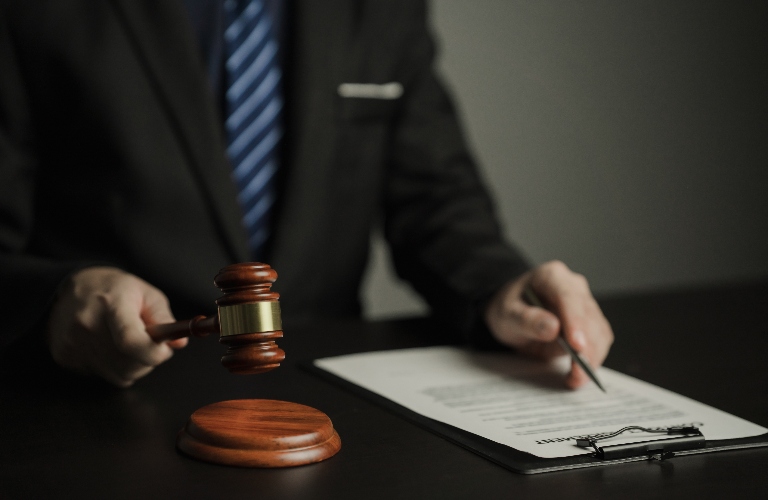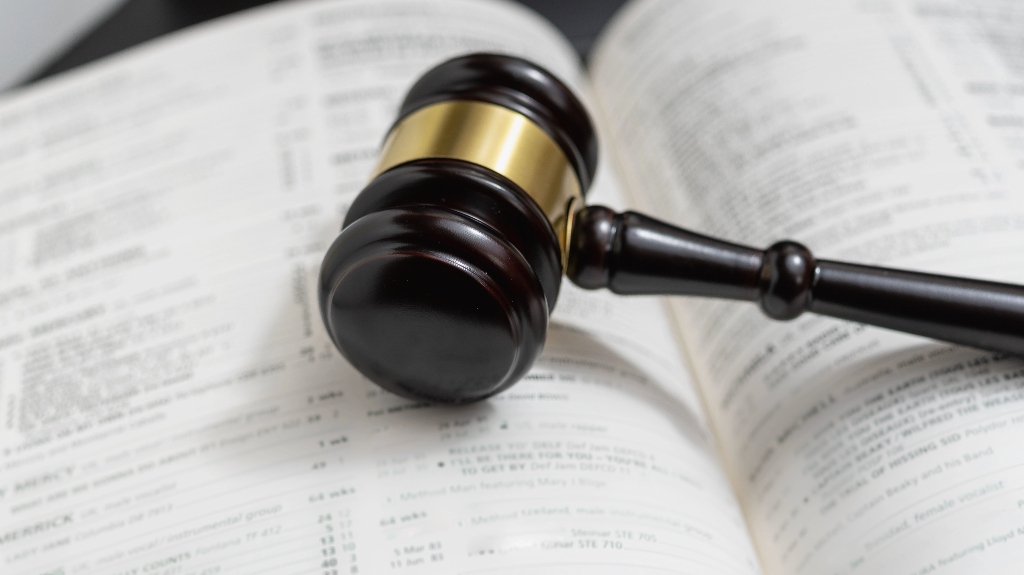Understanding the Administrative Hearing Process
When your California professional license is on the line, everything you have ever worked for is in jeopardy. Whether you’re a nurse, doctor, real estate agent, contractor, or other licensed professional, a license revocation action – also known as an Accusation – can be intimidating.
Understanding the license disciplinary process is essential to protecting your license, defending your reputation, and preserving the integrity of your career.
Notice of Defense
Upon receiving an Accusation or other formal disciplinary action from your licensing agency, the licensee has fifteen (15) days to contest the action by filing a Notice of Defense. This document protects your right to challenge the allegations and serves as a request for a formal hearing. In California, licensees generally have 15 calendar days from the date the Accusation is mailed. Personal service is not required, and service is considered effective so long as the agency mails the documents to the address the licensee has on file with the agency. Missing this deadline can have serious ramifications, including the loss of your California professional license and a default judgment against you.
Once you receive a notice of an administrative action, you should contact an experienced California professional license defense attorney as soon as possible, since early representation can have a considerable impact on your career and your case results.
Your Right to an Administrative Hearing
An administrative license hearing is a formal legal process that is used to determine whether or not a professional or occupational license should be revoked, suspended, or face some other form of discipline. When an Accusation is filed and the licensee responds with a Notice of Defense within the 15-day period discussed above, the matter is scheduled for hearing.
These hearings are conducted according to the provisions of the Administrative Procedure Act in California. Administrative Law Judges from the Office of Administrative Hearings preside over the hearings, which may be conducted remotely or in-person. Although the process is somewhat similar to a courtroom trial, administrative hearings follow their own unique sets of standards and rules, specifically in terms of procedure and the type of evidence allowed.
The Hearing Process
Although the two are quite similar, California administrative hearings and civil trials have a few important distinctions, such as:
- No Jury: Unlike a civil jury trial, administrative hearings in California are overseen and decided by an Administrative Law Judge, who will evaluate the evidence and propose a decision.
- Evidentiary Standards: Although the rules of evidence are still considered, administrative hearings tend to be far less formal than civil or criminal trials. For instance, some statements that would normally be dismissed as hearsay could be allowed if they meet certain criteria.
- Presentation of Evidence: Both the agency and the licensee are allowed to call and cross-examine witnesses and present documents, however the process is less formal than a civil or criminal proceeding.
By partnering with a skilled California professional license defense attorney, the respondent will be able to present favorable evidence, challenge the agency’s evidence, advocate for a favorable outcome, and cross-examine eyewitnesses.
Potential Results
After the hearing concludes, the Administrative Law Judge reviews all the testimony, evidence, and arguments and issues a proposed decision. This recommendation is then sent to the licenseing agency that filed the Accusation, and the agency has several options:
- Adopt the ALJ’s proposed decision in full.
- Modify certain findings or penalties before adopting it.
- Reject the recommendation entirely and issue its own final ruling.
This final stage ultimately decides the fate of your professional license, whether it will be placed on probation, suspended, restricted, or revoked, making it one of the most important parts of the process.
Possible disciplinary outcomes include:

- Dismissal of all charges
- Private or public reprimand
- Probation or restricted licensure, often with conditions such as additional training, continuing education, or supervised practice
- License suspension
- License revocation
If the final decision is unfavorable, you still have options. A licensee may challenge the outcome by filing a petition for a writ of administrative mandate in the California Superior Court, requesting judicial review of the board’s decision.
Call Gould, Hahn, & Reinhardt Today
An administrative license hearing can be one of the most stressful and challenging experiences in a licensee’s career. Getting through a hearing successfully requires a well-planned strategy, experienced legal guidance, and careful preparation.
At Gould, Hahn, & Reinhardt, our California professional license defense attorneys are dedicated to helping licensed professionals defend the credentials they’ve worked so hard to earn. If you’ve received notice of an administrative action or have an upcoming licensing agency hearing, don’t face it alone. Contact Gould, Hahn, & Reinhardt today at (800) 428-2207 or reach out online to schedule a legal case review.
